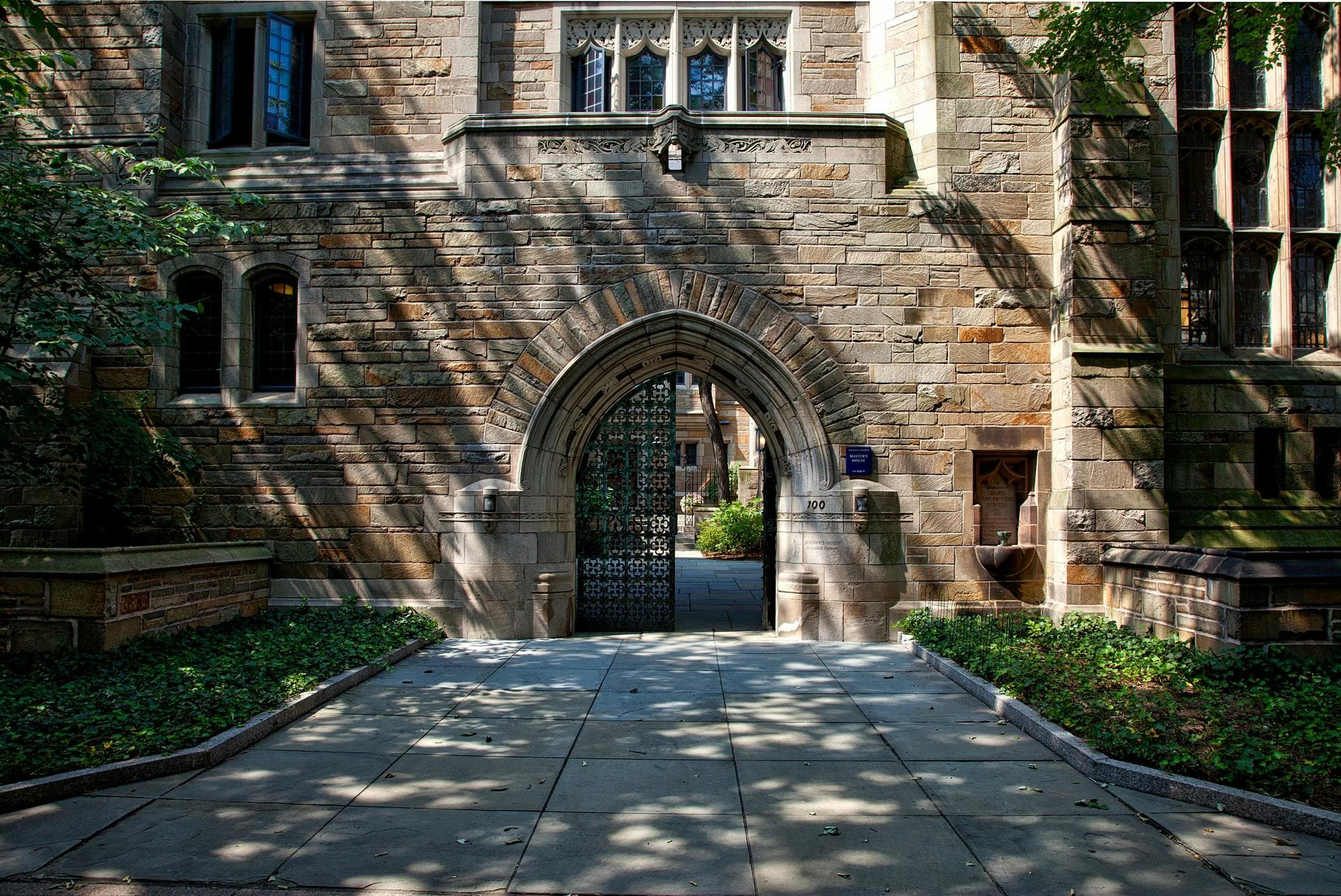
Navigating College Prep in 9th Grade
Make your college admissions journey less stressful by starting early. We provide 4 typical college prep mistakes students make in 9th grade and what to do instead.

Photo by RDNE Stock project
It’s easy to start high school with an easy-breasy attitude. It’s just freshman year, what could it matter? The truth is it can matter a lot. And we don’t say that to put pressure on you. In fact, we often tell parents the best way to help students is by starting early and having a plan. This isn’t because we want the stress to start early, but because we know that the earlier you start the less stressed you’ll be when application time rolls around. So to help out those not worried at all - and those already worrying too much - we’re sharing the top four college prep mistakes we see students make in 9th grade and what to do instead.
Joining The Wrong Activities.
The buzzword for 9th grade activities should be flexibility. You want to make sure you’re in at least one activity - but ideally more than one - that can align with various academic interests later on. Think clubs like student government/council, the school newspaper, debate club, etc. Why? Because they can grow with you.
Many students will change their potential career or major multiple times before college - and that’s ok! What’s important is building a foundation of skills and leadership that can be applied to different academic interests. Choosing flexible activities ensures that no matter where your interests take you, your extracurriculars remain relevant.
Here’s an example of several ways you could position your time on student government depending on the major you decide.
Political Science / Public Policy
These majors are some of the most applicable to student government, of course, but that doesn’t mean you won’t need to show effort. If you decide later in high school that you’re passionate about government or policy, use your time in Student Government to advocate for school policies or organize initiatives. Use this experience to show colleges you’ve already taken action in this field.
Business / Economics
If you’re thinking about a business or economics degree, help manage the school budget or fundraising in Student Government. You’re gaining real-world experience with financial management and leadership—skills that translate directly to business studies. You could even use this experience to launch a local research question on how school budgets impact student opportunities.
STEM Fields (Science, Technology, Engineering, Math)
This might seem like a bigger stretch than other majors, but you definitely can use your student government experience to position yourself as STEM ready on your application. Consider
using your student government work to start initiatives that connect leadership with technology, such as improving school-wide tech resources or advocating for better STEM programs. This kind of involvement shows colleges that you’re not just a student interested in STEM—you’re a STEM leader.

Photo by Yan Krukau
Not Exploring Interests.
Let’s start by addressing the elephant in the room: you are absolutely allowed to change your mind about what interests you. The problem comes when you don’t take any steps to explore those interests, or expose yourself to things you’re uncertain of, and thus never find out how you really feel about them.
You know that adage about long journeys starting with a single step? Think of discovering your academic interests as a long journey and use freshman year to take several first steps. Join clubs and activities you feel confident you’ll like - and one or two you’re unsure of. Do the same with your coursework. Assuming they fit in your schedule, take a class or two that isn’t sure to be your favorite. You just might be surprised about what you like or don’t like. Afterall, the world (or at least college campuses) is full of people who thought they hated a subject only to learn they’d just never had an instructor that could get them excited about it.
Remember that you may not find everything you need to explore all your interests at your school. If you have an idea about a core interest, and there is not a class or club that would let you dig into it, find an outside resource. Summer programs or other exploratory experiences, such as research projects, job shadows, etc, can help you find your passions as well. They’re also a great opportunity for things you’re already confident about, giving you a chance to dive deeper and potentially be with peers who are as excited about a topic as you are.
Ultimately, the point of exploring interests is to take progressive steps towards finding your perspective - a key component of a strong college application (we go more in depth on perspective below). You might call this the “test and pivot” method. You try out a few different academic clubs or activities, see what excites you the most, and only stick with what you enjoy. This provides a low pressure way of seeing what you enjoy and how that translates into a college major.
Only Doing “Social” Activities.
For most students, a lot is new in 9th grade and it can be easy for students and parents to overly focus on social acclimation. Students load up on purely social activities, such as sports, but fail to create any academic connections. Sports are not bad: far from it. They're a great way to make friends, stay active, and build teamwork skills. But elite colleges don’t just want students who participate in activities—they want students who can show depth, leadership, and intellectual engagement in those activities. If all of your extracurricular time is spent in social or team-based activities that don’t connect to a clear academic or leadership goal, your application may lack the evidence needed to make you stand out.

Photo by Pixabay
Turn Athletic Commitment Into Intellectual Capital
Sports often demand immense time and energy—leaving little room for traditional clubs or academic exploration. But that doesn't mean you can't build a standout academic narrative. Here are three smart strategies:
1. Blend Athletics with Academic & Leadership Depth
Use your athletic identity as a launching pad, not a limitation. Design a science fair project on injury prevention in youth sports, or lead a team-wide initiative to improve nutrition habits, tying into biology or health sciences. If possible, add one high-impact leadership or academic role outside of sports—student government, Model UN, or a STEM competition team—that allows you to demonstrate intellectual range and initiative.
2. Reimagine Sports as a Platform for Purpose
Athletes can be changemakers. Start a mentorship program for younger players and track their progress for a psychology or education-based capstone. Create a documentary comparing gender equity across your league’s sports programs. Launch a local NIL education series if you're interested in business, law, or media. Sports offer a front-row seat to real-world issues—use that lens to explore systemic topics like equity, performance science, or leadership psychology.
3. Maximize Summer for Academic Enrichment
If the school year is packed with practices and travel, summer becomes essential. Use that time to conduct research, attend a selective summer program, intern with a sports-tech startup, or take a college-level course in biomechanics or social justice in sports. Think of summer as your intellectual off-season—when you sharpen the academic side of your profile.
We know high school sports are often demanding, asking you to devote massive amounts of time and energy, even in the off season. But if an elite university is your goal, you’ll need to find a balance between sports and academics to showcase why you’d be an asset to them. And if you’re thinking to yourself “But my goal is to go to college on an athletic scholarship,” be sure to talk with one of our college admissions experts on how to leverage your athletic skills, as well as create a backup plan.
Ignoring Academic Rigor.
It’s not uncommon for students - and parents - to assume it’s ok to push off challenging coursework. Some might even think it’s not available until later grades. This assumption, however, can lead to a weak foundation for success when you take advanced classes later on. It can also cause students to overlook opportunities. Instead, students should take the most challenging coursework available to them in 9th grade.
The “most challenging” will vary school to school, but all students should set themselves up for success and begin learning the skills necessary to succeed in advanced courses - and at elite universities.
- If your school offers Honors, Pre-AP, or Advanced courses, take as many as you can handle without sacrificing performance.
- If AP or IB courses are available in 9th grade (rare, but possible), taking one can show early academic ambition.
- If these options aren’t available, make sure you’re placing into the highest-level math and science tracks so you can take more advanced courses in later years.
- Test into a higher level foreign language by taking summer or middle school courses.
- Choose electives that build skills or challenge you academically, such as Computer Science, Debate, or Art History.
Another way to build academic credibility is to lay the groundwork for future specialization. Elite colleges prefer students who demonstrate depth in an academic interest. In 9th grade, this means beginning to explore subjects that might later become a specialty, such as:
- Taking an advanced STEM course if you’re interested in engineering or medicine.
- Starting an elective like computer science or economics if you’re considering those fields.
- If available, enrolling in a research or project-based course to show early intellectual curiosity.
Ultimately, colleges evaluate your high school academic record as a whole when making admissions decisions. But what you do in 9th grade sets the foundation for what you can accomplish in later years so the decisions do matter.
A Note on Perspective Building
Ivy Tutors Network leverages the Morganelli Method to help students find the right college fit and get into elite colleges and universities. Developed by our Director of College Admissions - and a former director of admissions at Cornell - the Morganelli Method uses the acronym PAGE to describe the key elements of successful college applications. The first letter, P, stands for Perspective, and 9th grade is the time to start building it. A student's perspective is about how they see the world and what makes a student unique. And as we’ve talked about above, it’s hard to know that without exploring interests. Freshman year is critical for building foundations and starting the process of developing a perspective that will guide the student’s academic journey and application materials. By avoiding the mistakes above, students - and their parents - can set themselves up for success in high school and beyond.
You can read more about the PAGE method in this blog, or by setting up a free college admissions consultation. Ivy Tutors Network’s highly specialized staff look forward to helping you make your elite admissions dreams a reality.




